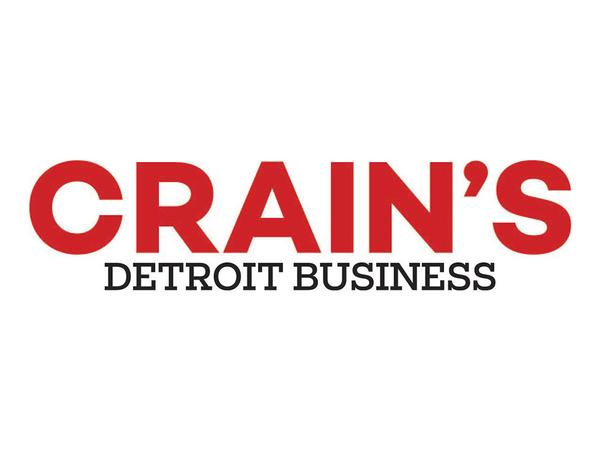As a leading provider of mental health services for children, youth and families, Starfish Family Services (“Starfish”) is at the forefront of a growing movement in healthcare. After decades of divide, it is now commonly accepted that behavioral health is a key component to achieving improved health outcomes. An overwhelming body of evidence supports the importance of early intervention through integrated health services, particularly in children, to develop resiliency and to mitigate the negative effect on later-life health and well-being.These initiatives can ultimately result in improved health outcomes and significant systemic cost savings.
In May 2015, Starfish and Mission Throttle embarked on a journey to create a comprehensive business strategy to scale several of its core service offerings and preventive interventions, in order to further its cohesive mission of “investing early in the lives of families to prevent problems before they escalate.”
We talked to Marisa Nicely, VP Clinical and Youth Services about the project.
Q: Tell us more about your mission and how your organization has evolved. What made you decide to start considering market-based strategies to further your mission?
Our mission at Starfish Family Services is “Strengthening Families to Create Brighter Futures for Children.” The roots of our organization were in adoption/foster care and mental health, but as we evolved, our founder, Dr. Ouida Cash recognized the importance of “working with our families upstream rather than to try to pull them out of a fast-moving river.” Over the past 15 years, our organization has shifted its focus from intervention to prevention services with a focus on young children and their families. Mental Health services are key to the mission of Starfish Family Services. Our leadership team believes that given the current competitive and unpredictable health care environment, Starfish has to be on the cutting edge of both quality and innovation to execute. We look to do this by refining our business operations. Additionally, by establishing our value proposition and examining our current operations for efficacy and relevance, we are positioning ourselves to be valuable players in the future of health care.
Q: How has thinking more like a business/social enterprise expanded solutions to our community’s problems? How has it helped your organization?
Mission Throttle helped us think not just in terms of delivering services but in meeting the needs of our customers. As a result, we are piloting several entrepreneurial ventures in the areas of trauma informed care and integrated health care in order to increase the number of people we serve in the most impactful and efficient way.
Q: Has this mindset opened you up to new forms of revenue? How will these funds help your organization in ways grants can’t?
This mindset has allowed us to recognize factors such as the cost of acquisition of clients and processes as ways to increase revenue by lowering costs and increasing efficiency. We have also developed an entrepreneurial mindset related to our program and service innovations, such as charging for technical assistance and consulting services.
Q: Do you have advice for other mission driven organizations that are looking to embrace an entrepreneurial mindset?
A barrier for nonprofits will always be staff capacity to invest time into the project. Committing to the time investment was difficult but it has proven invaluable to our organization. The professional development benefits to our leadership team have been tremendous. We are operating at a more sophisticated level and looking at things through a lens that allows us to better balance mission and margin.




